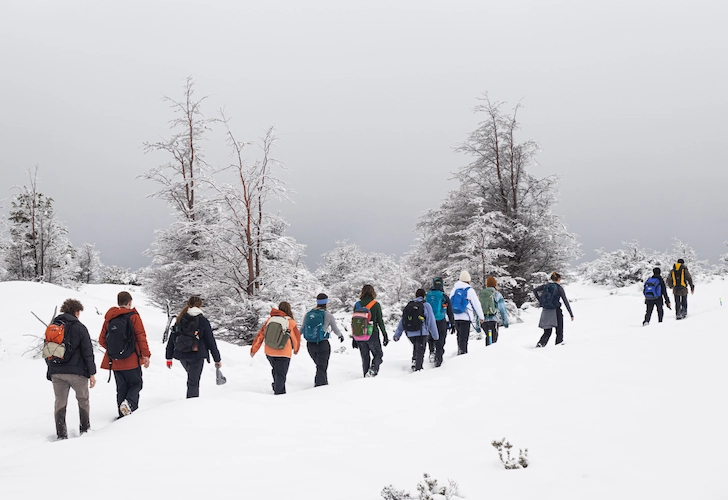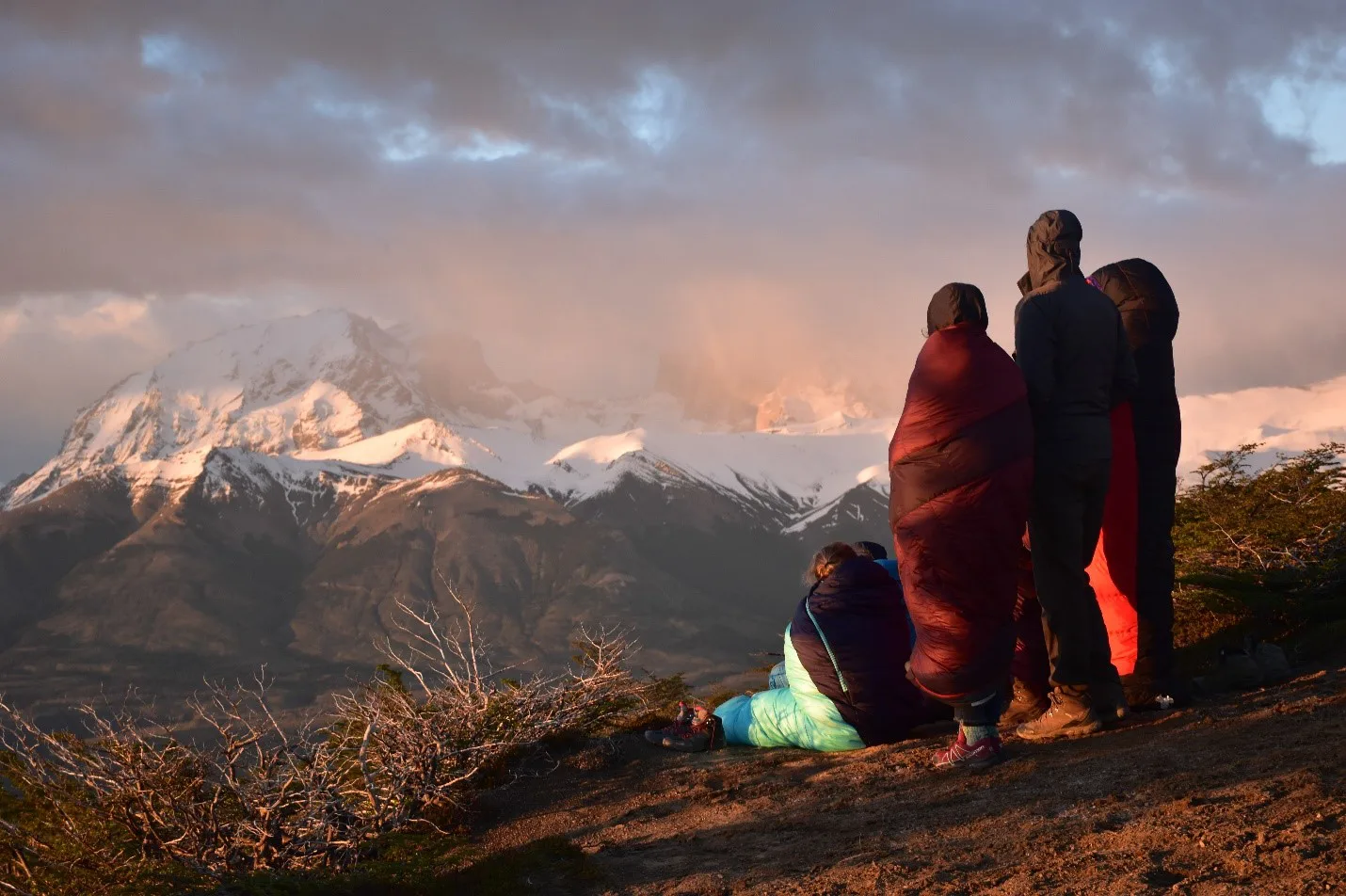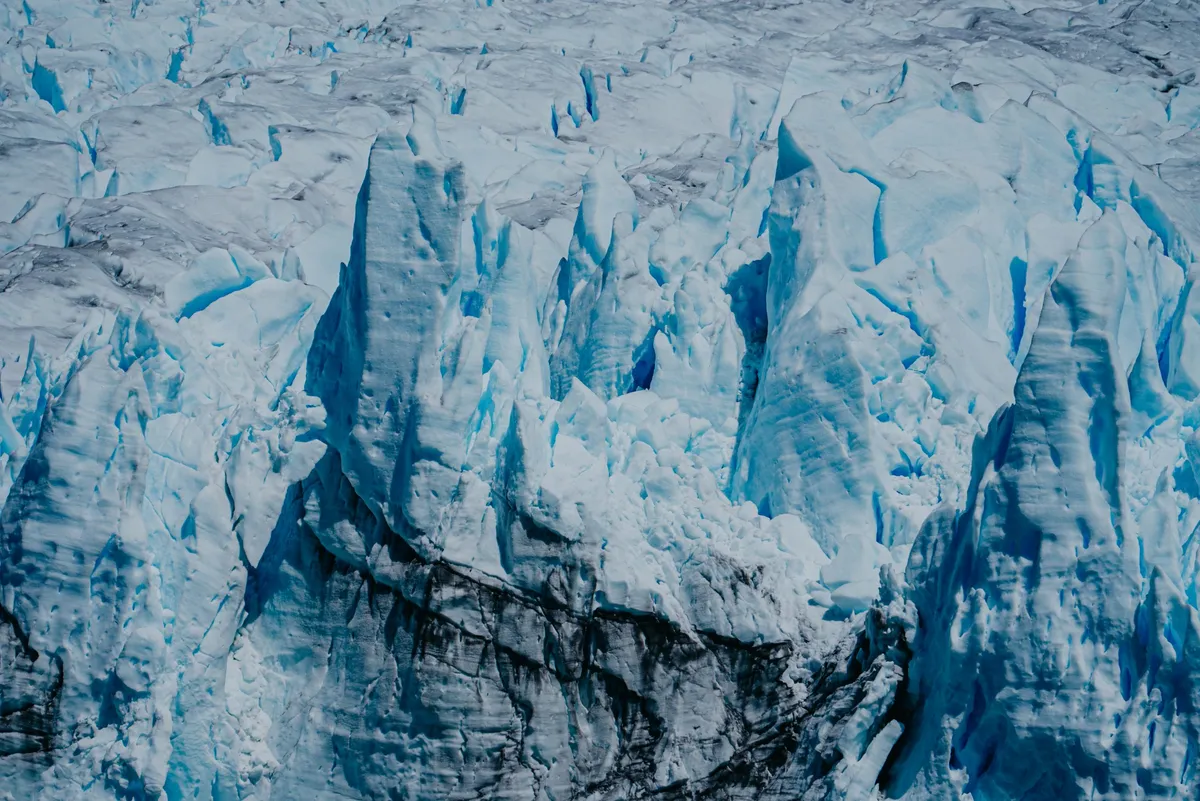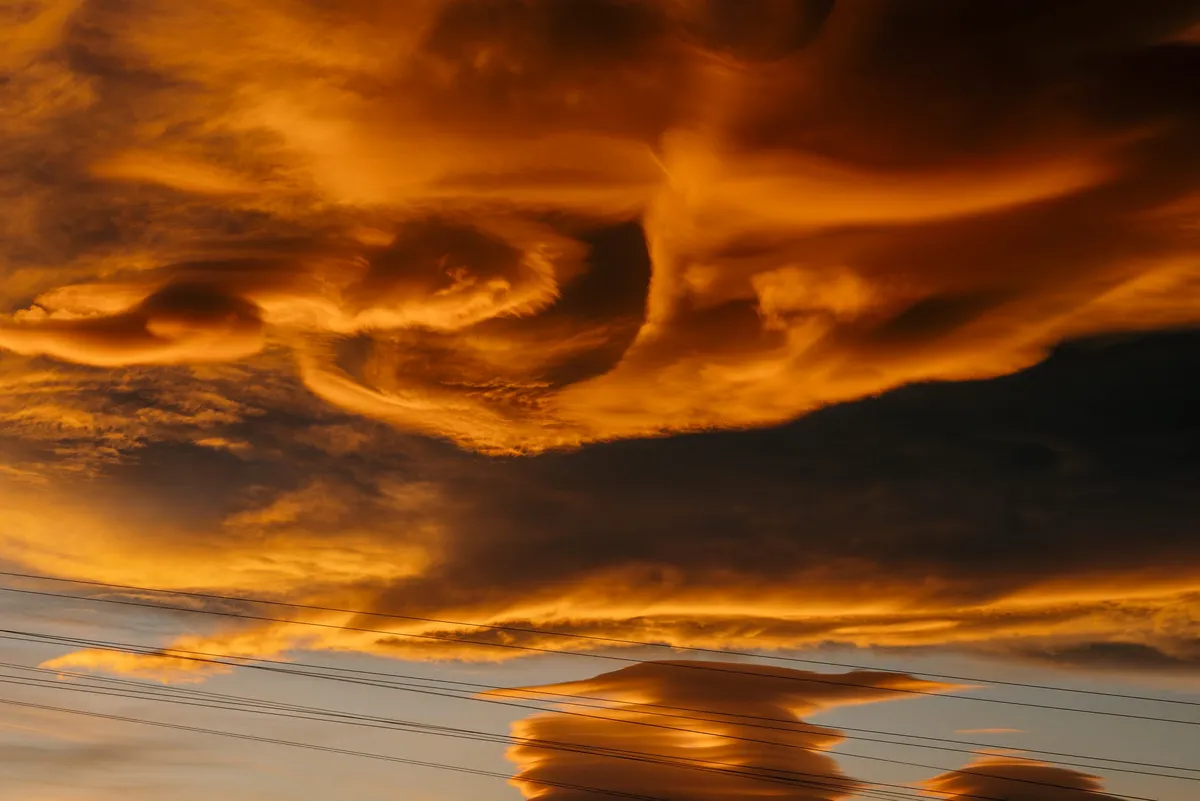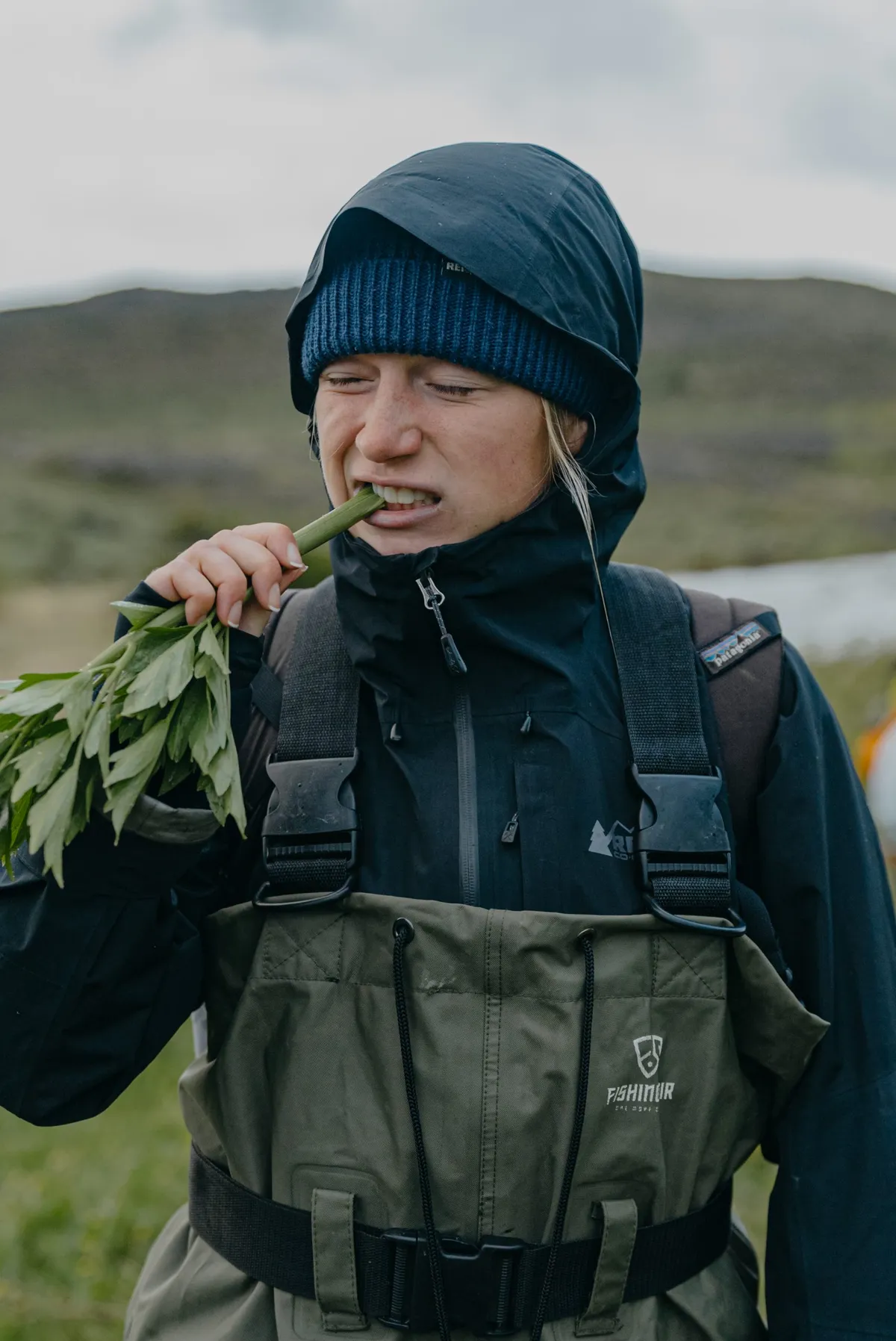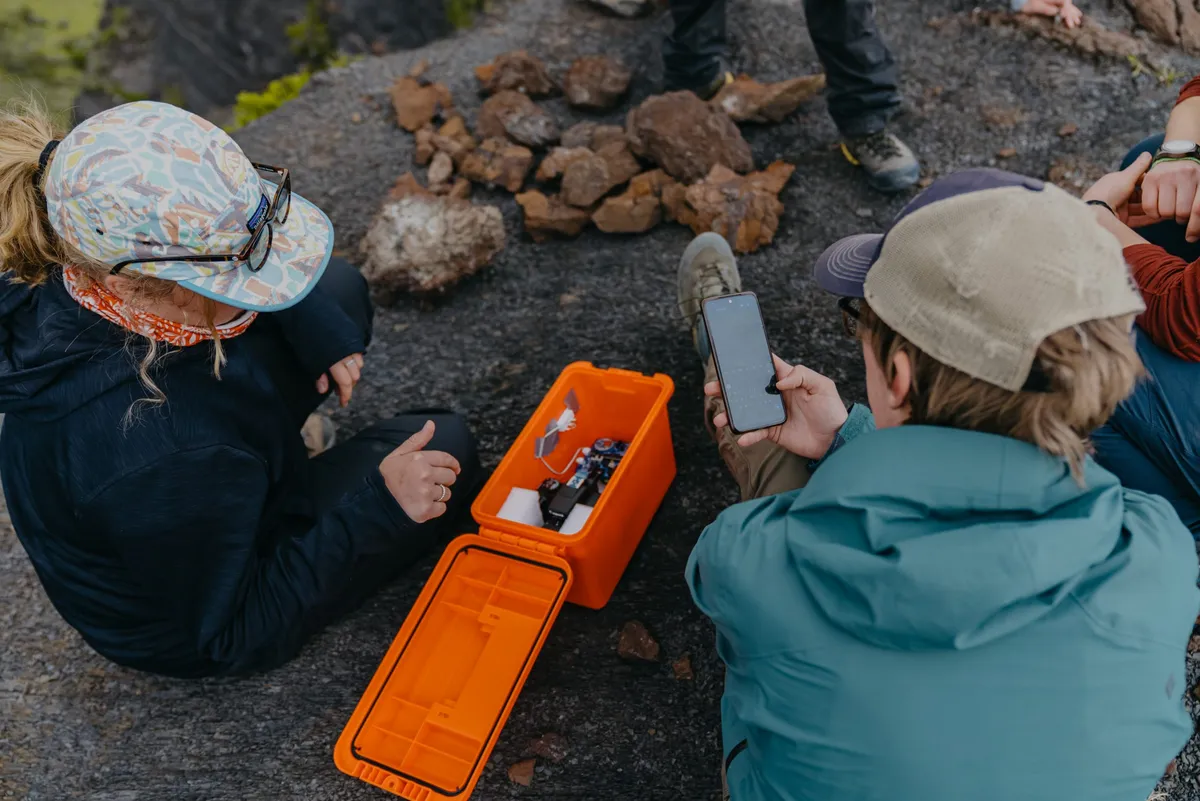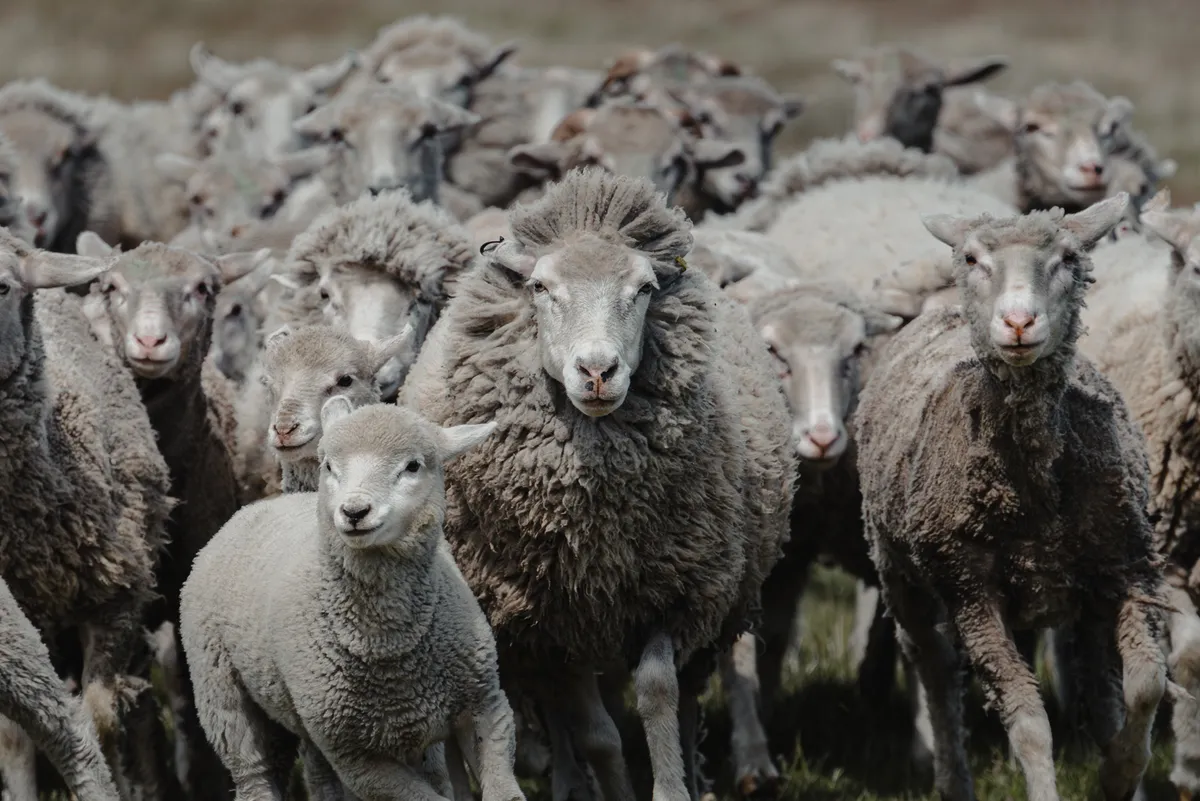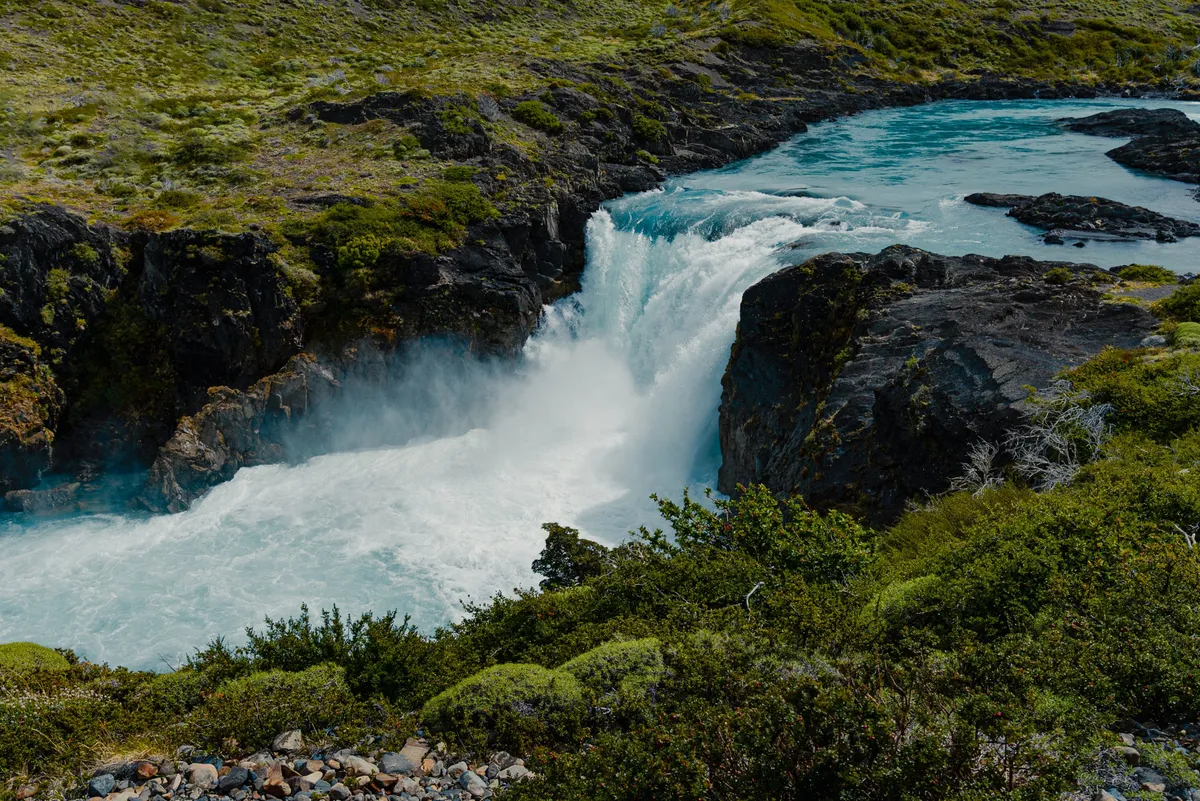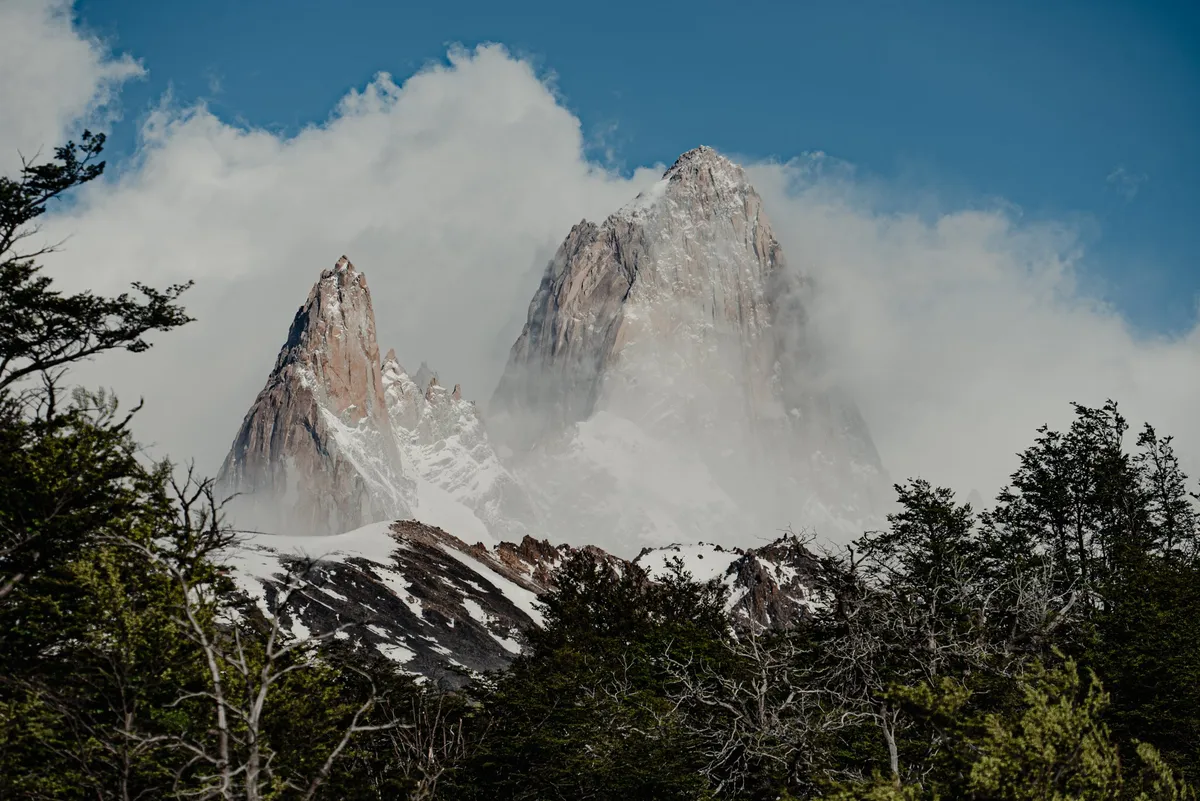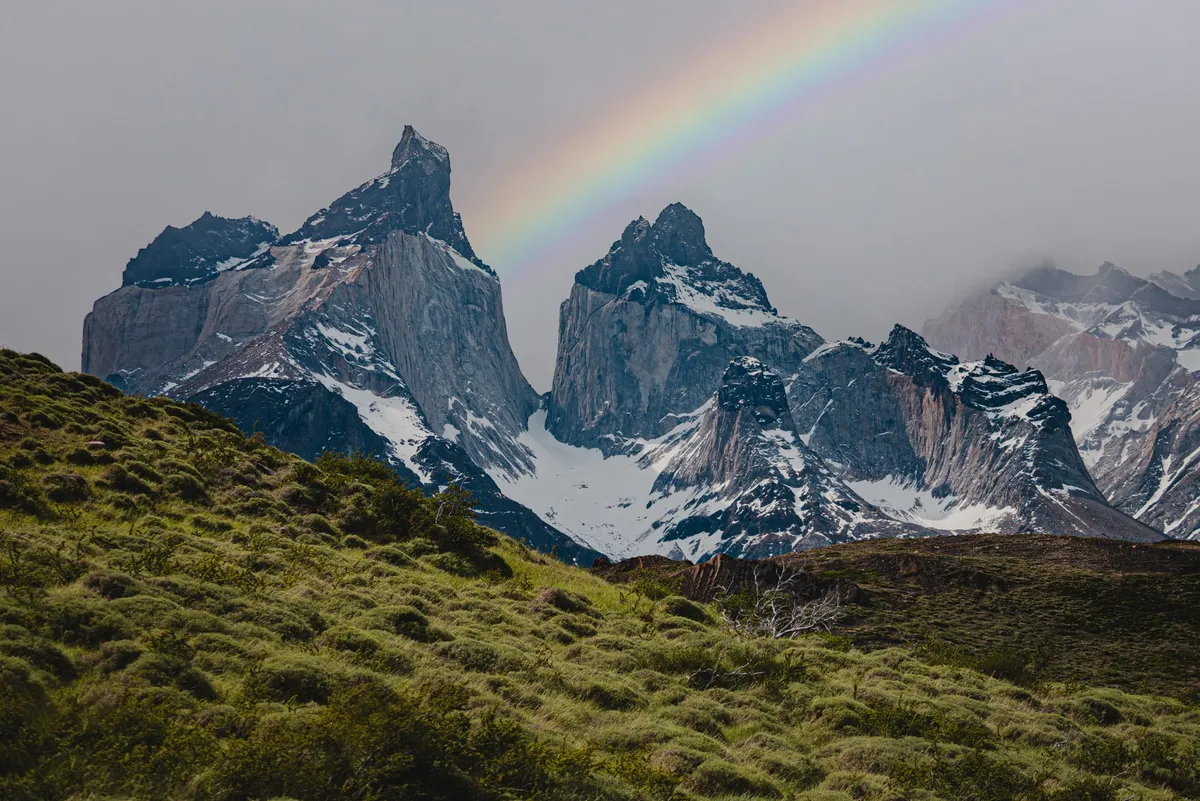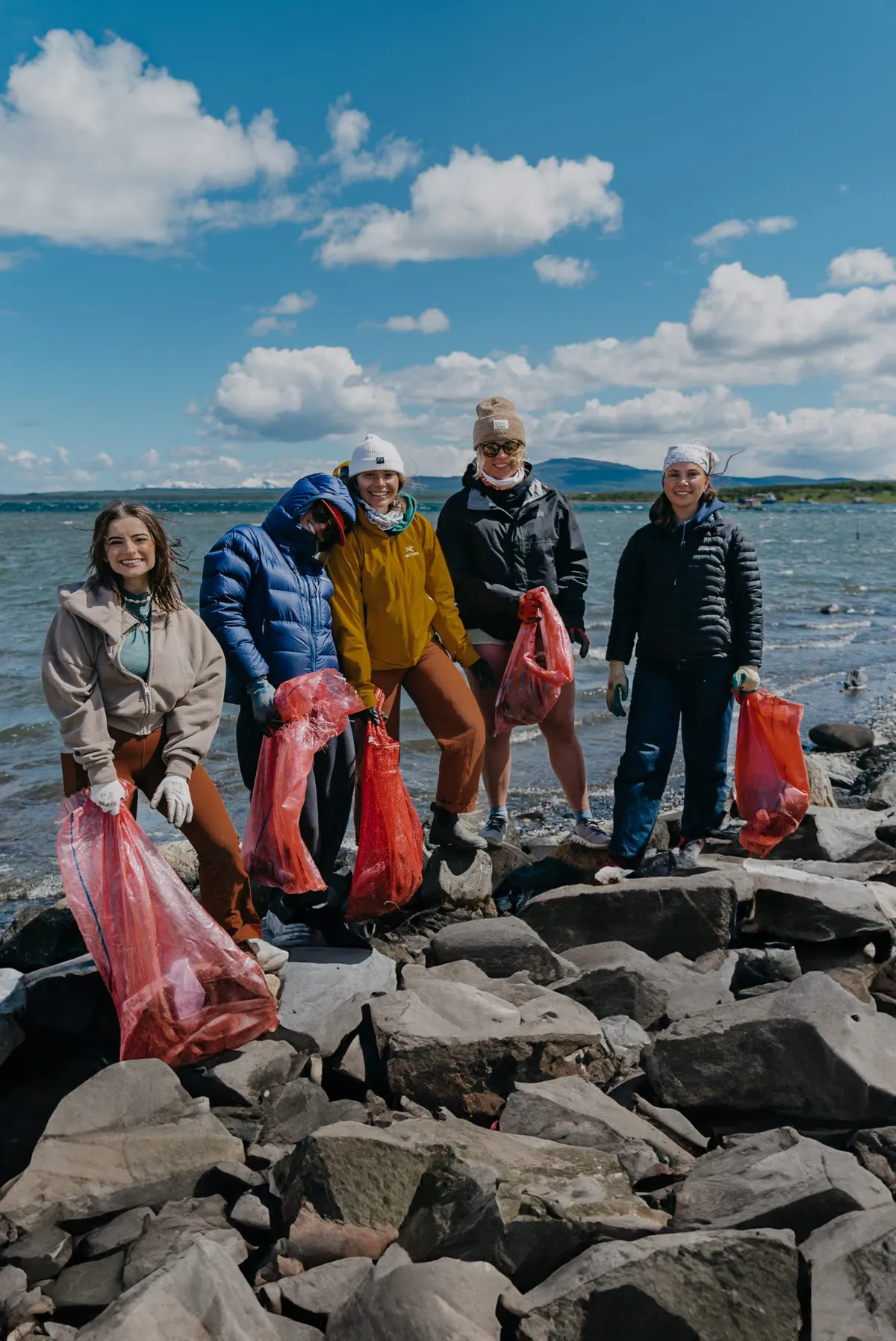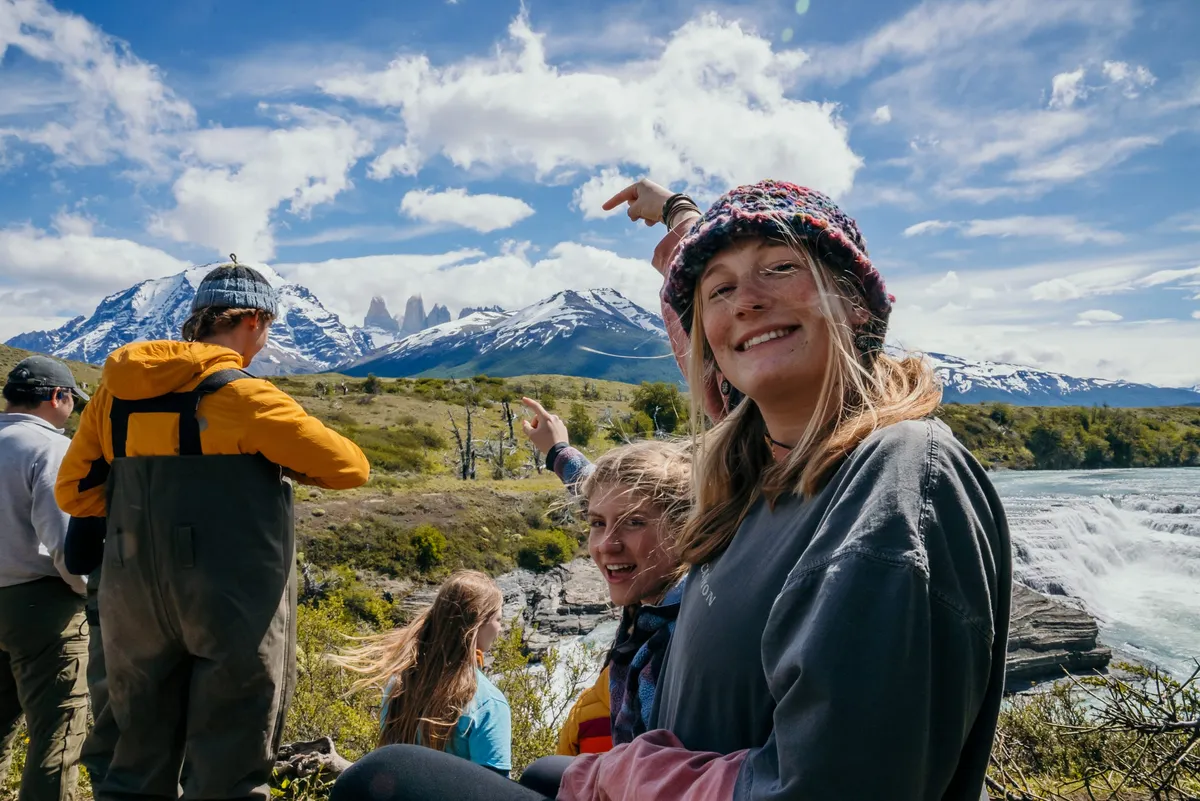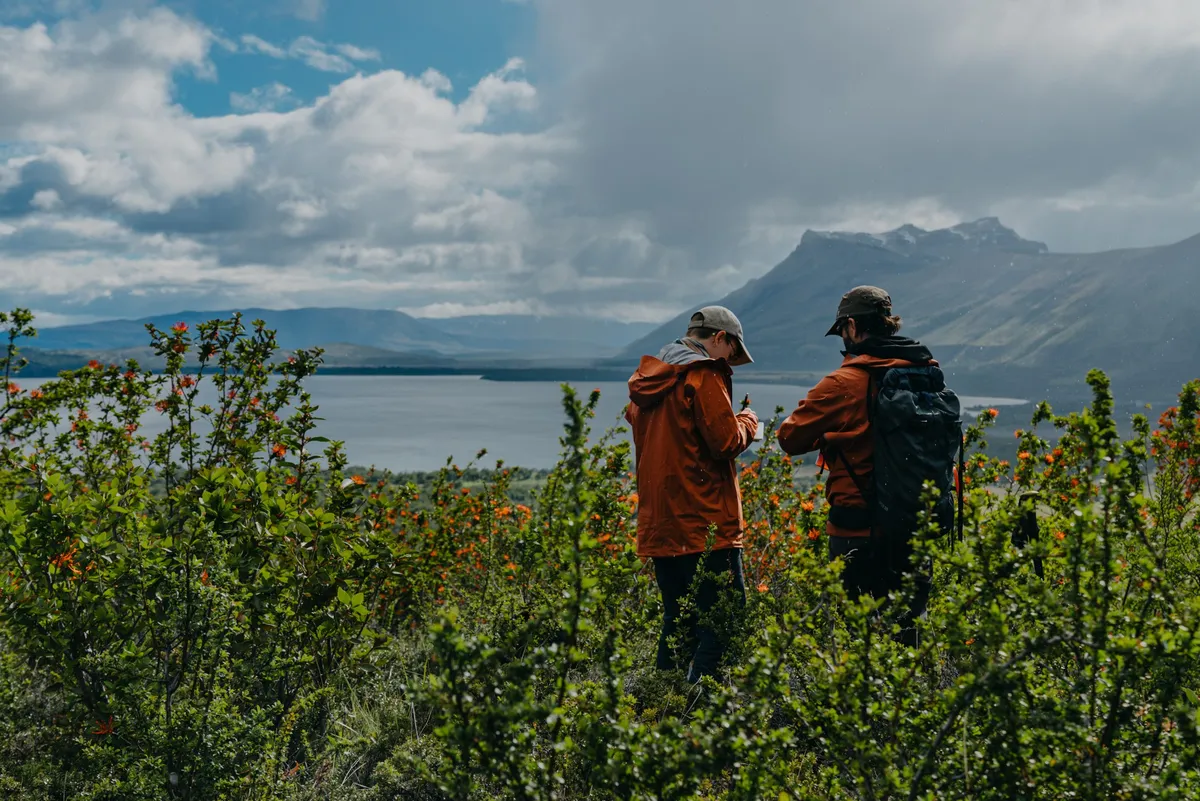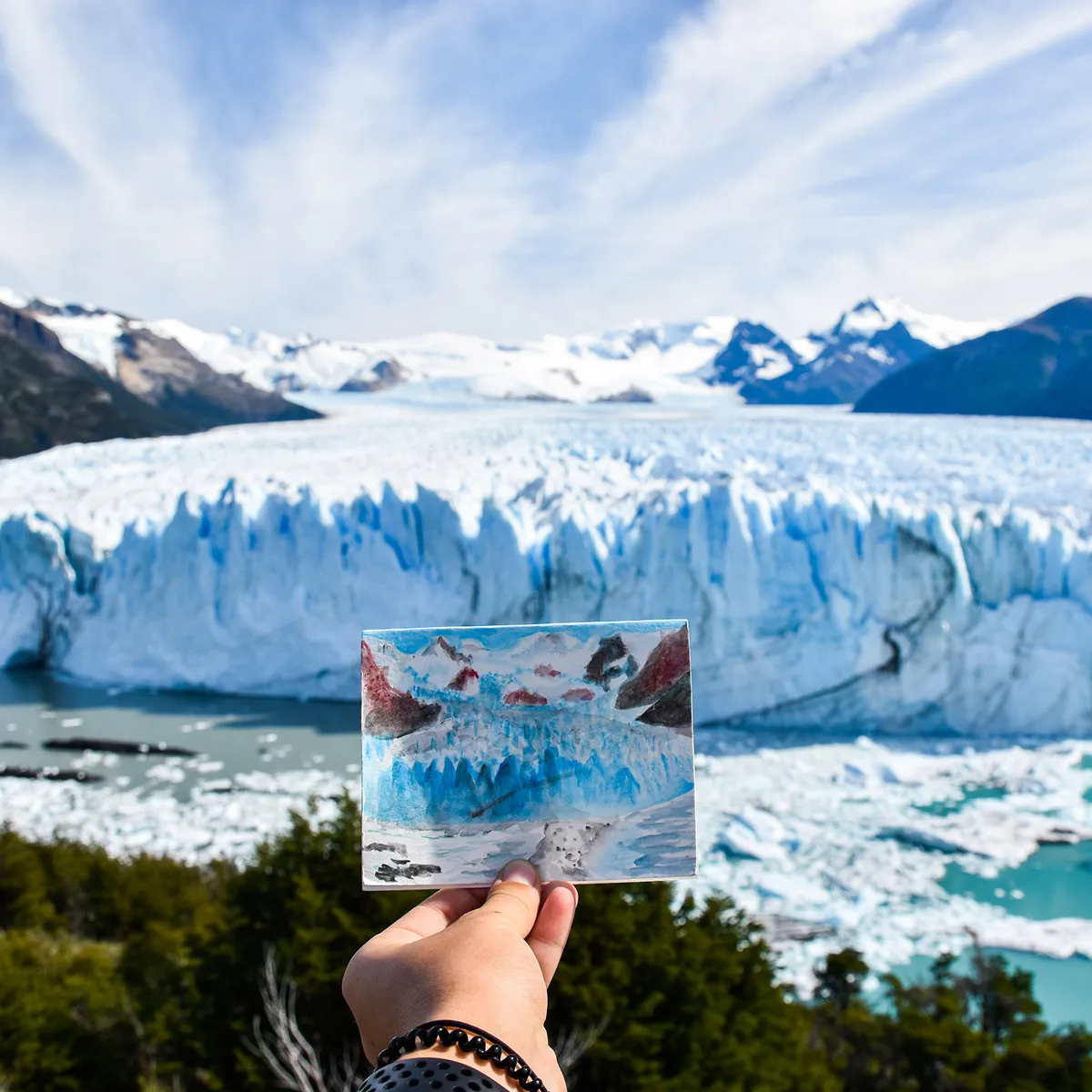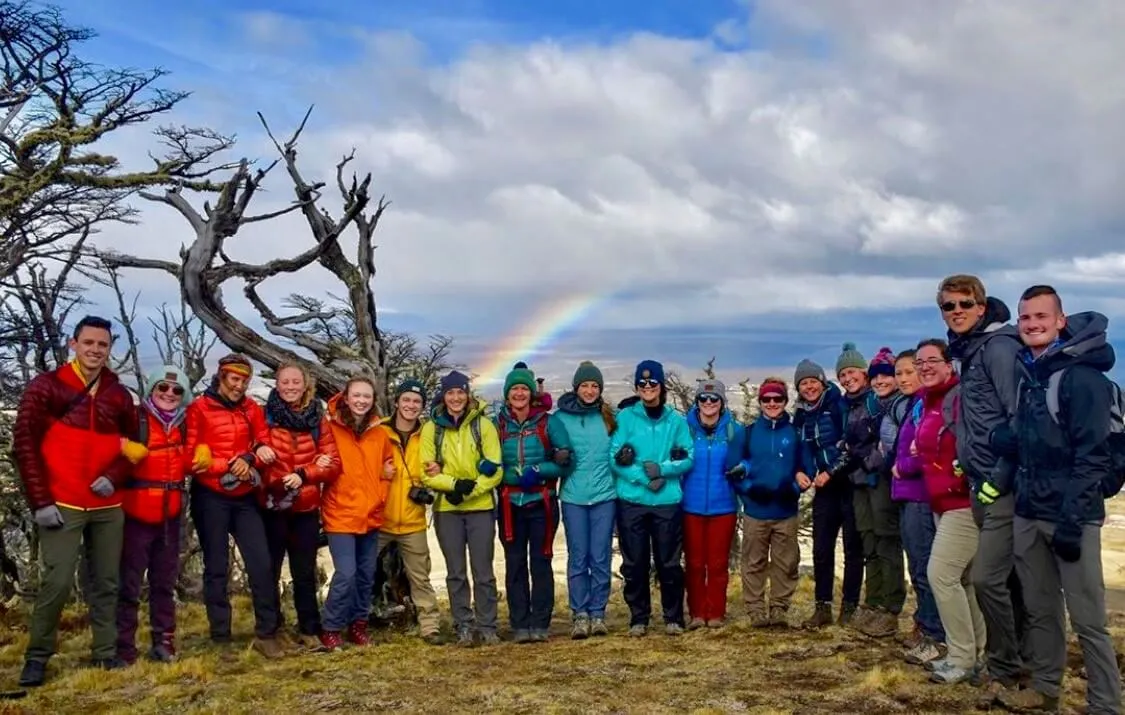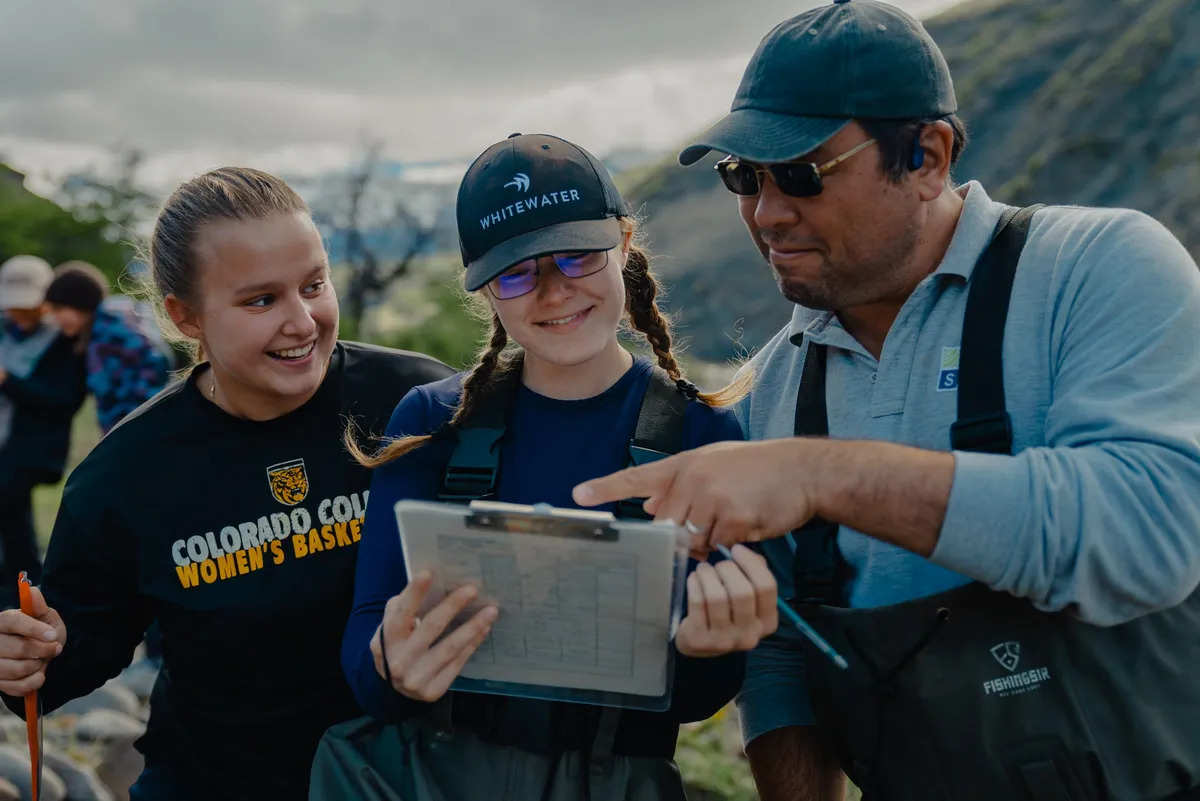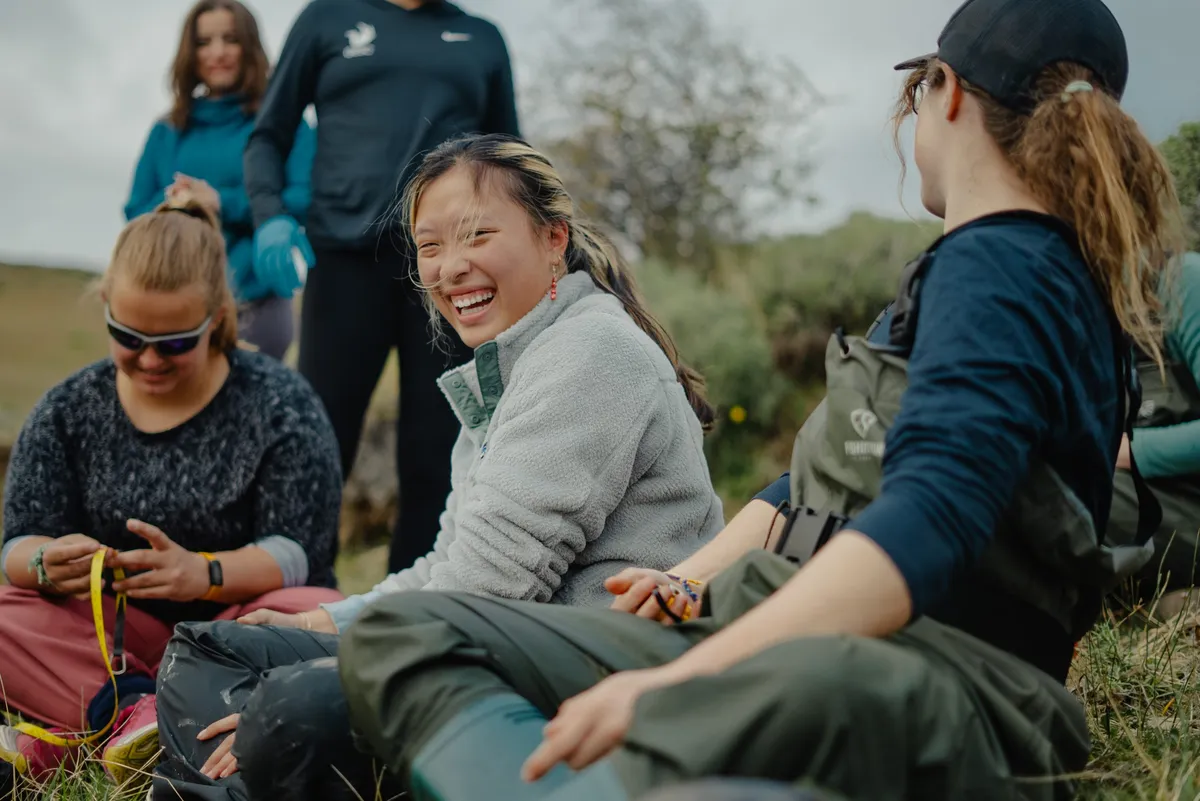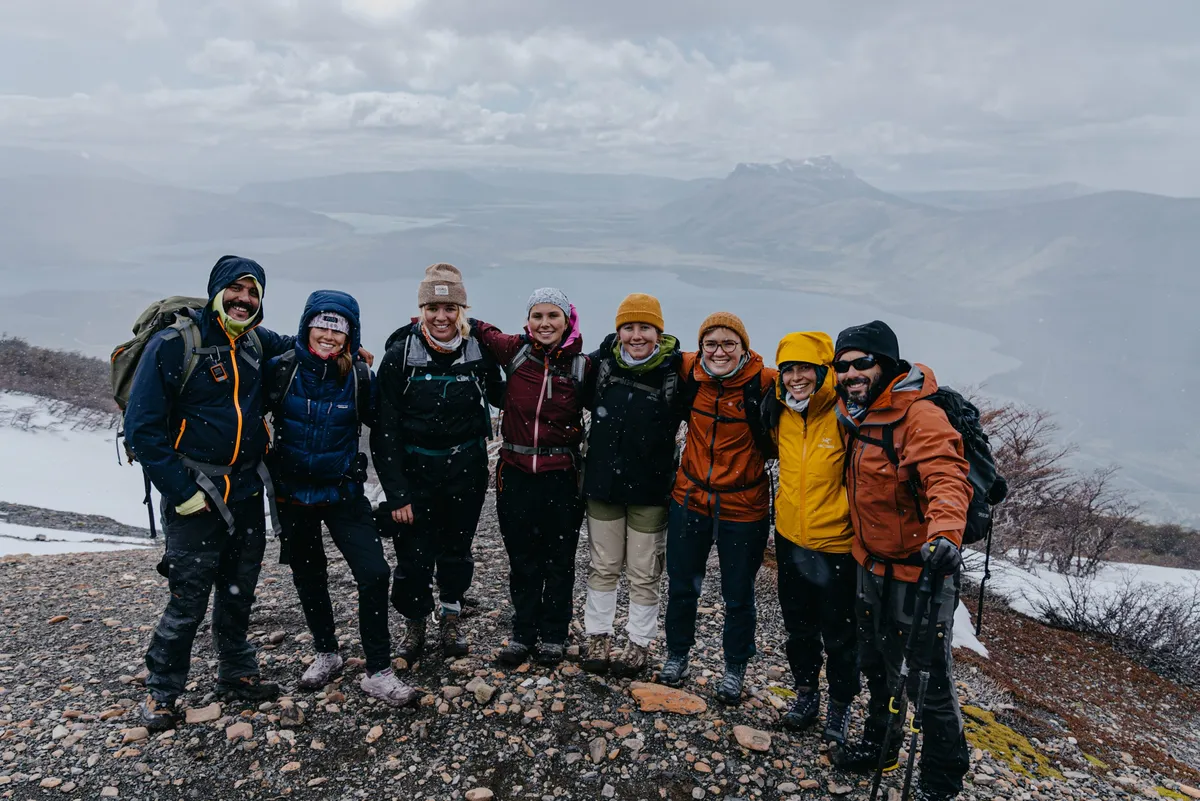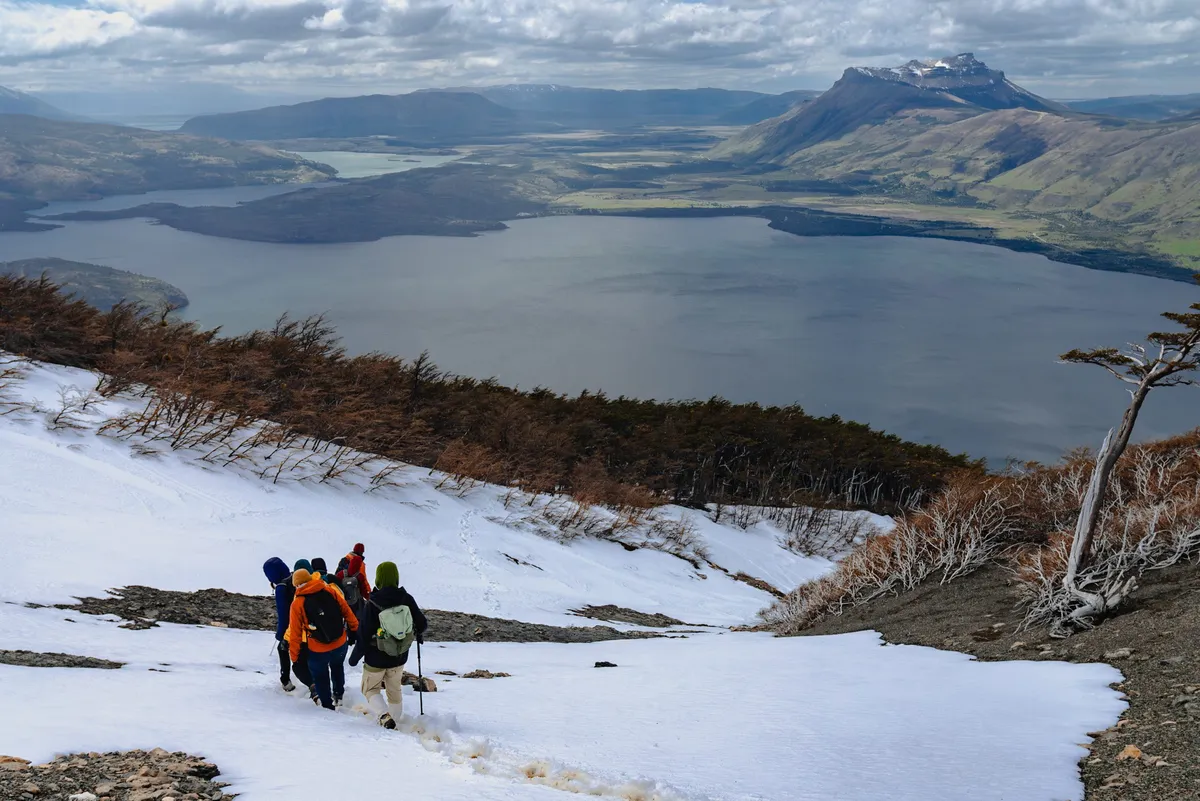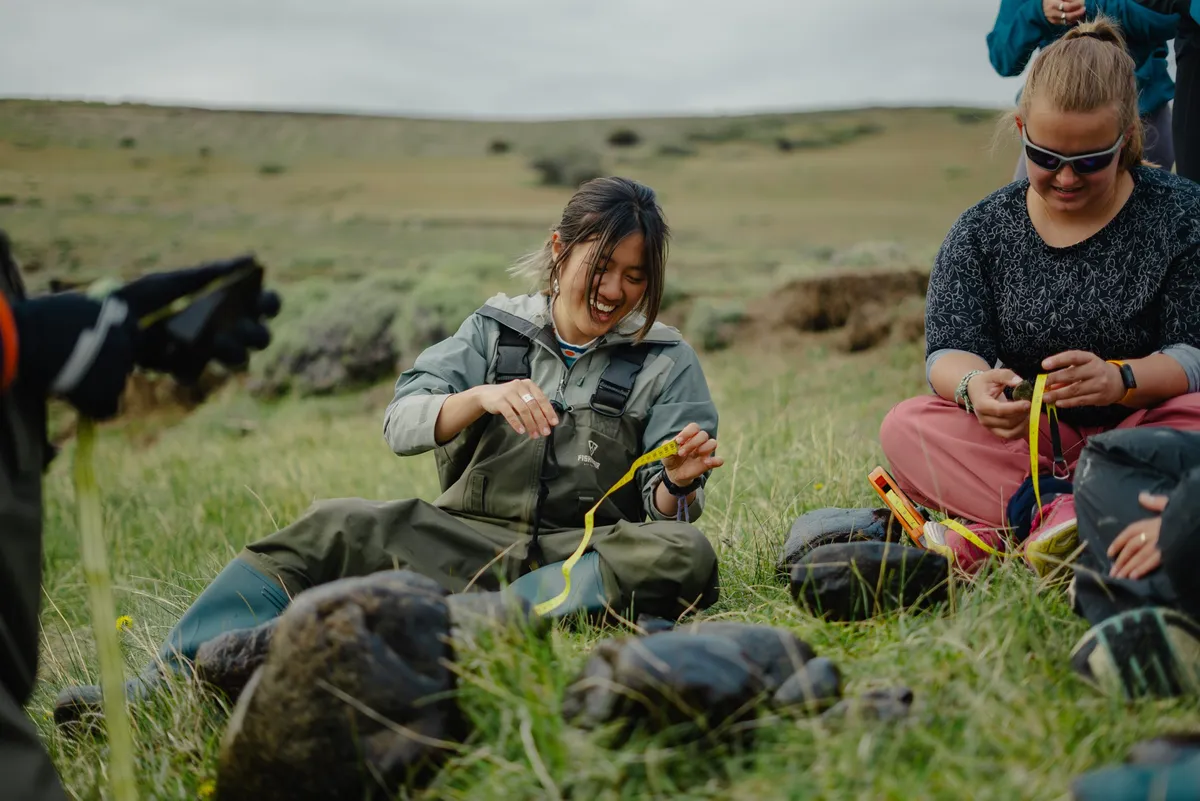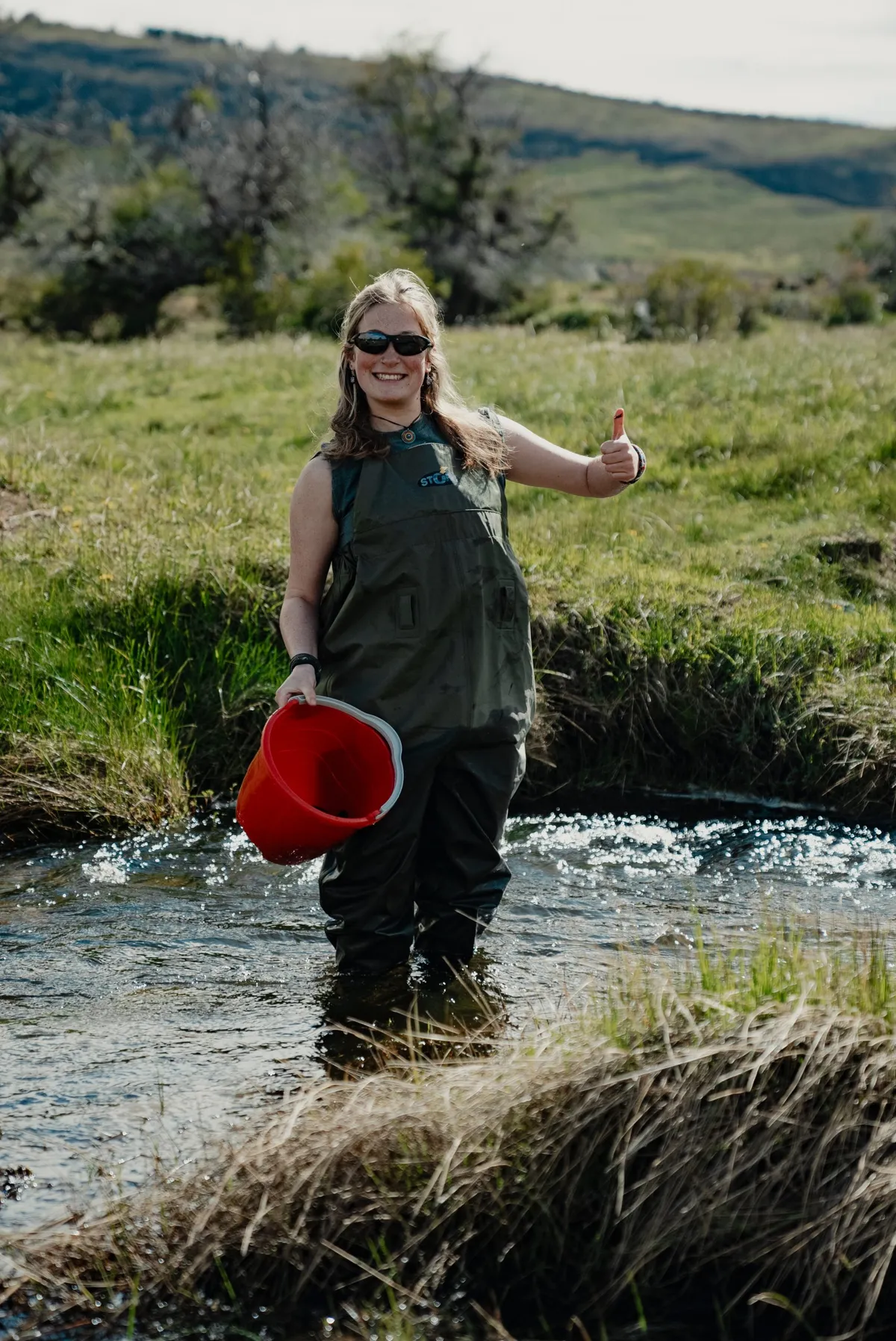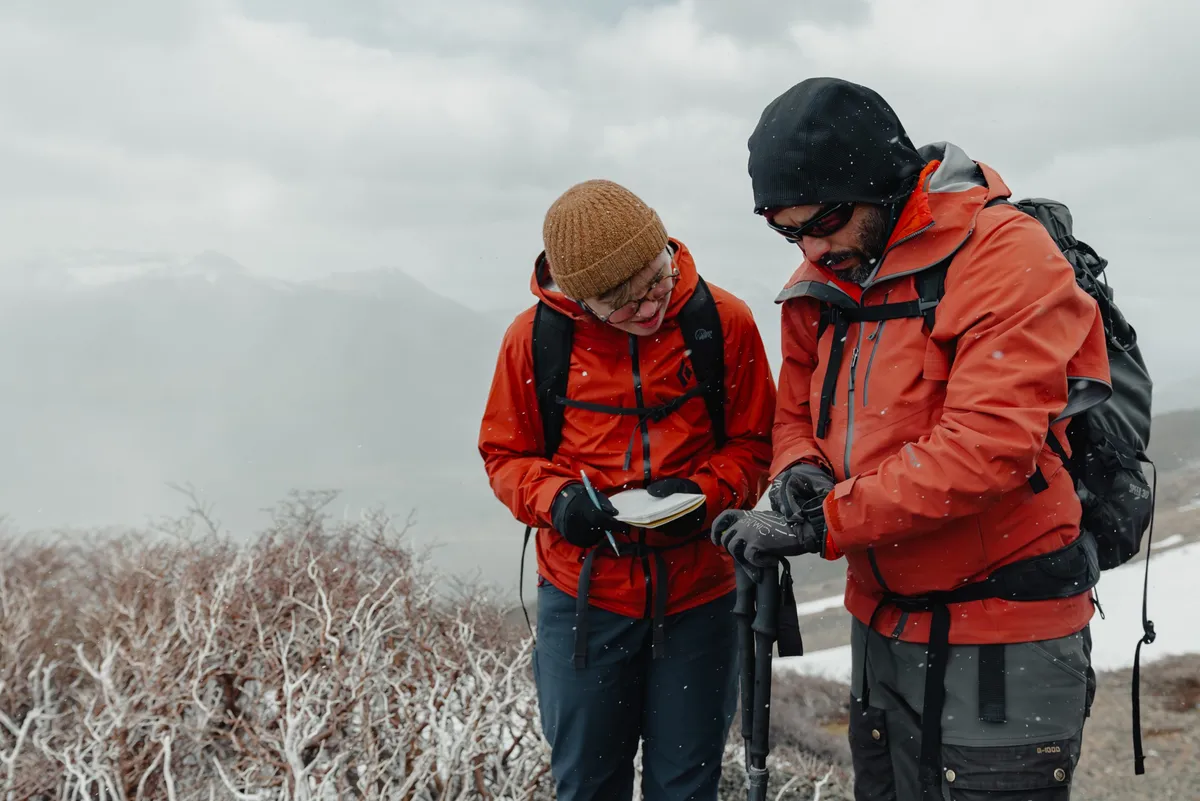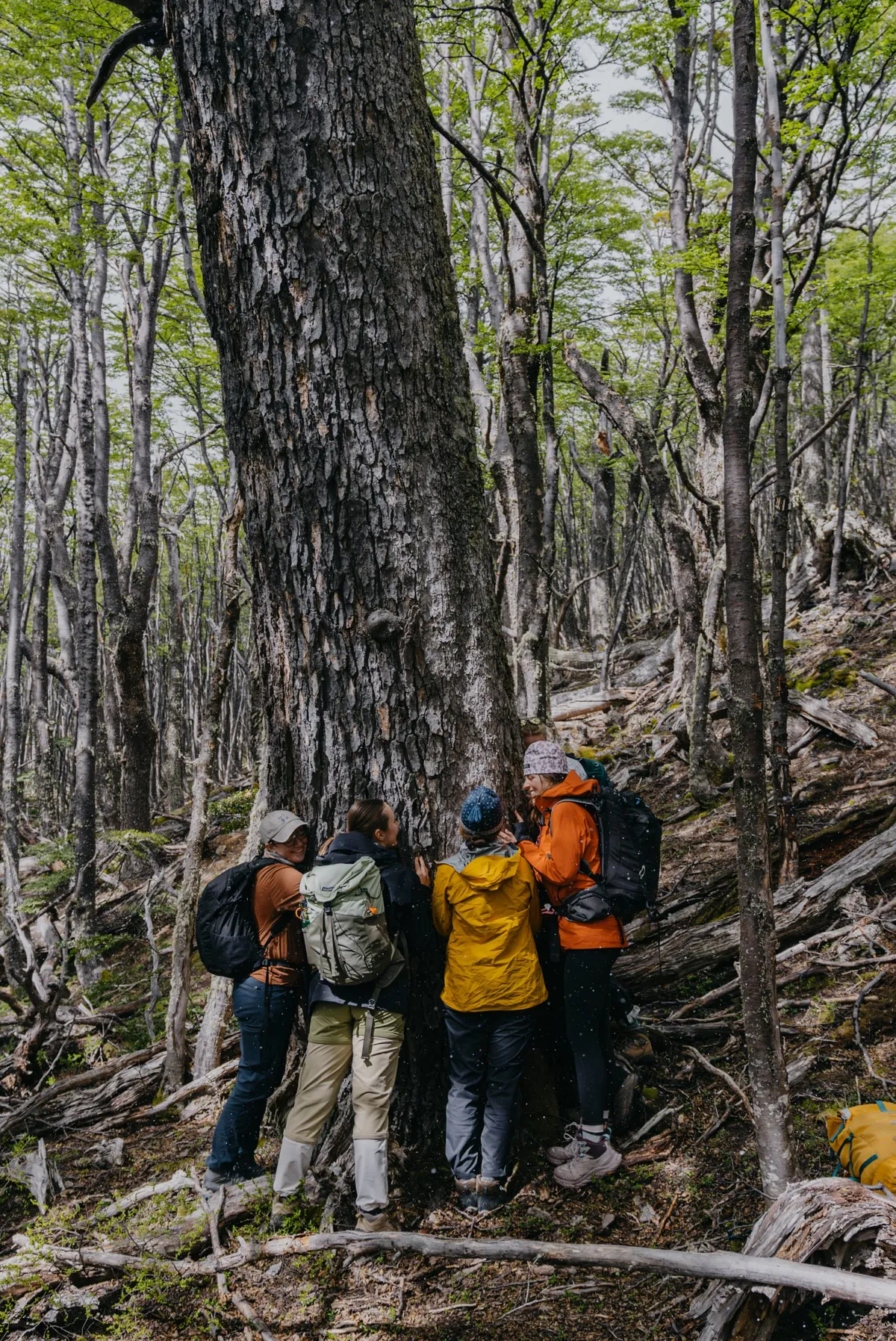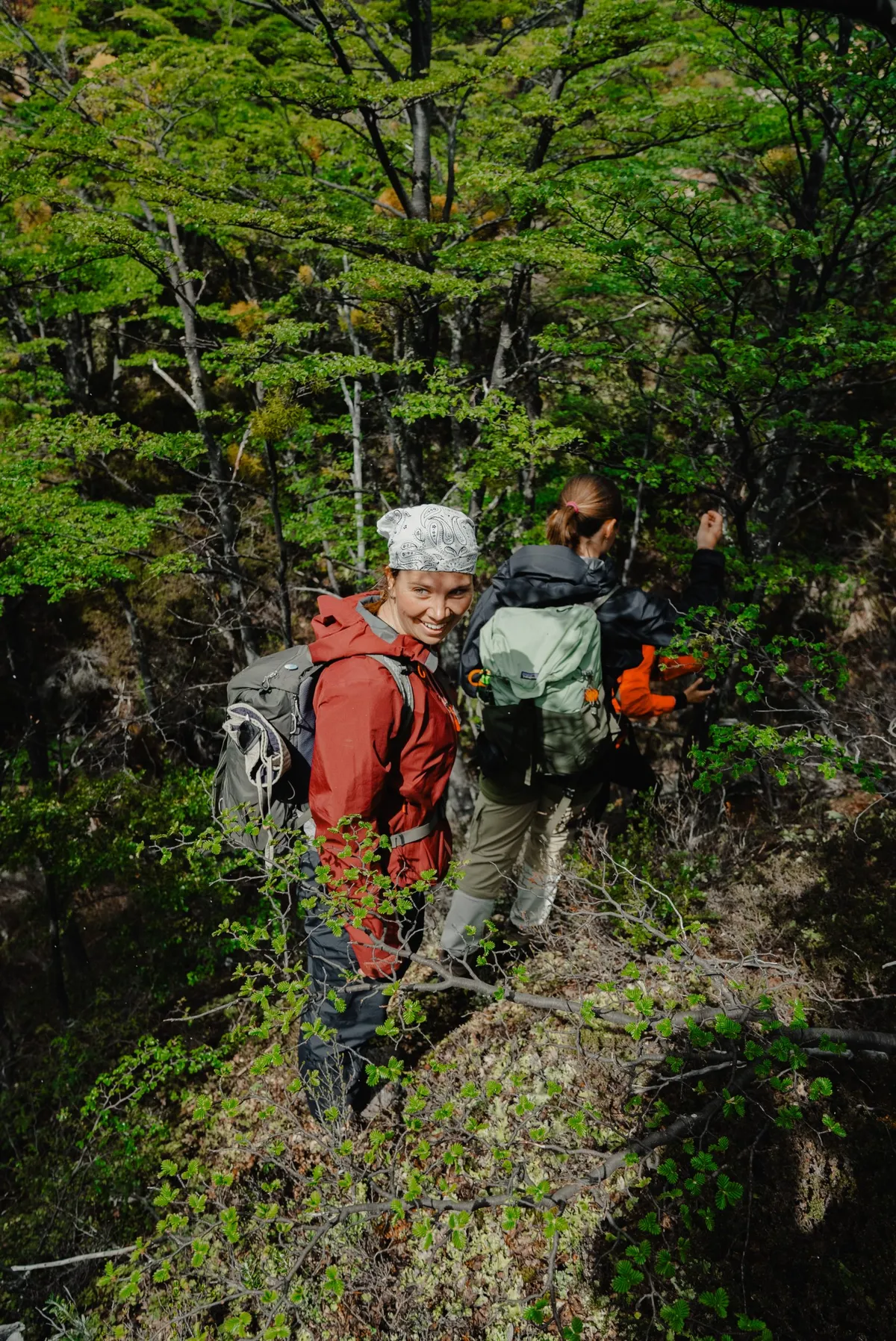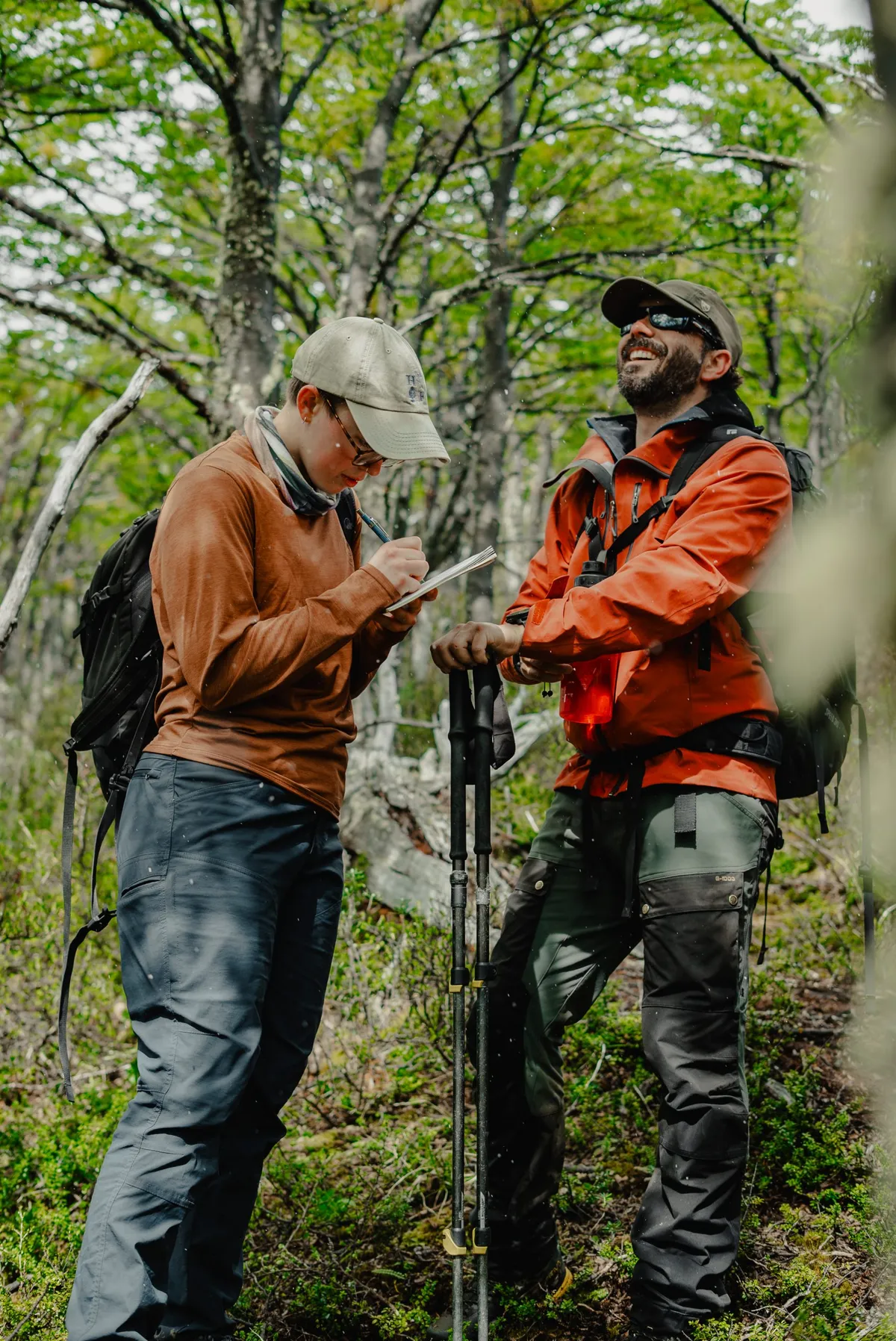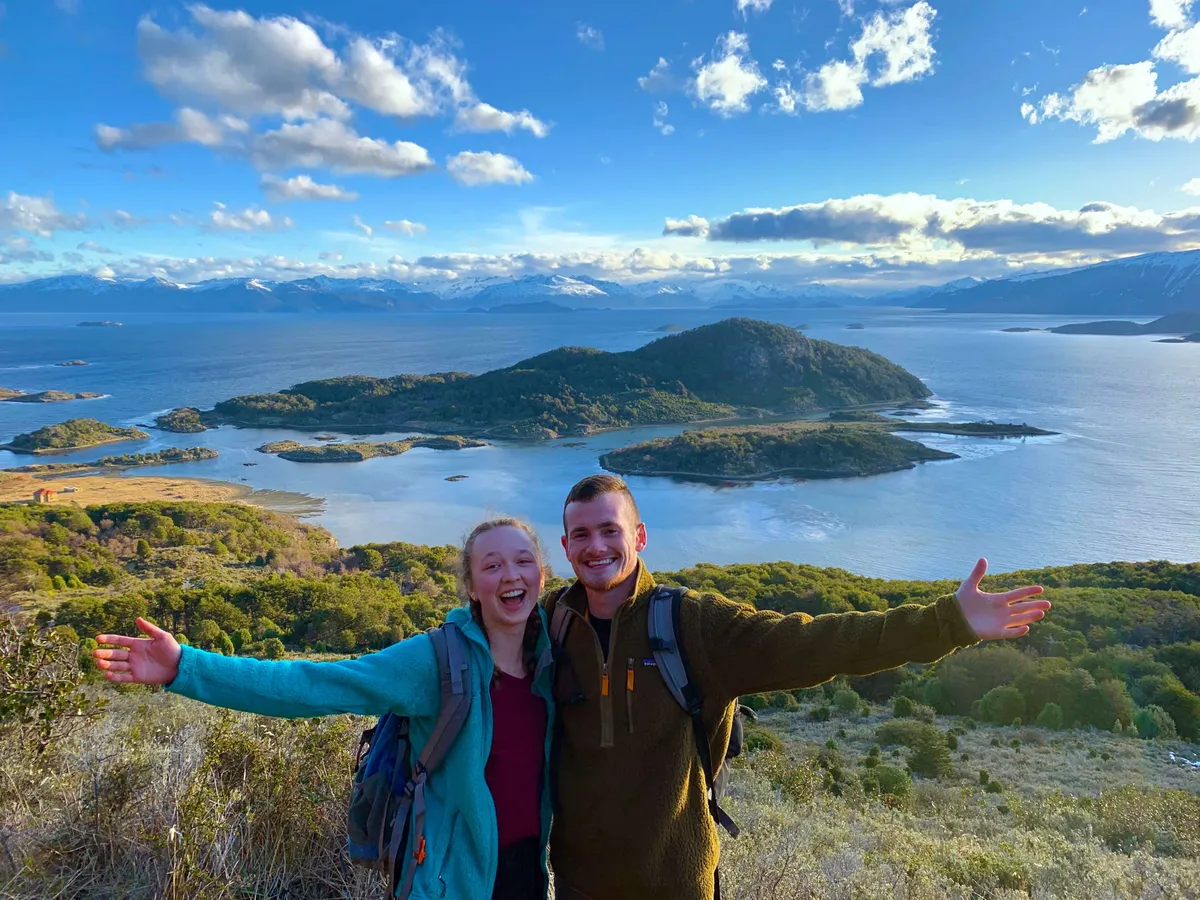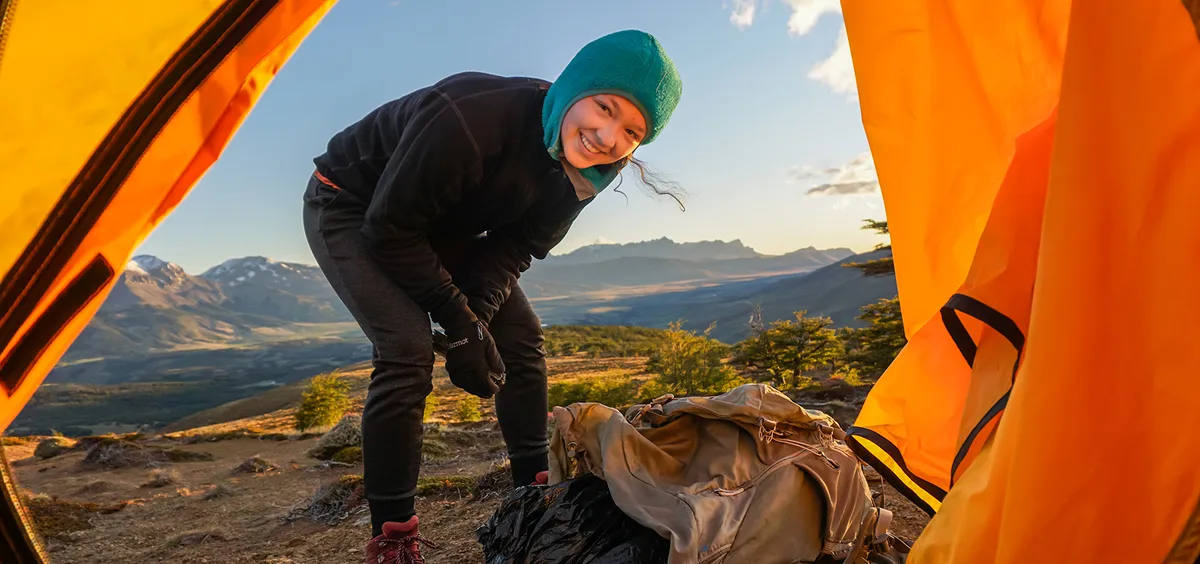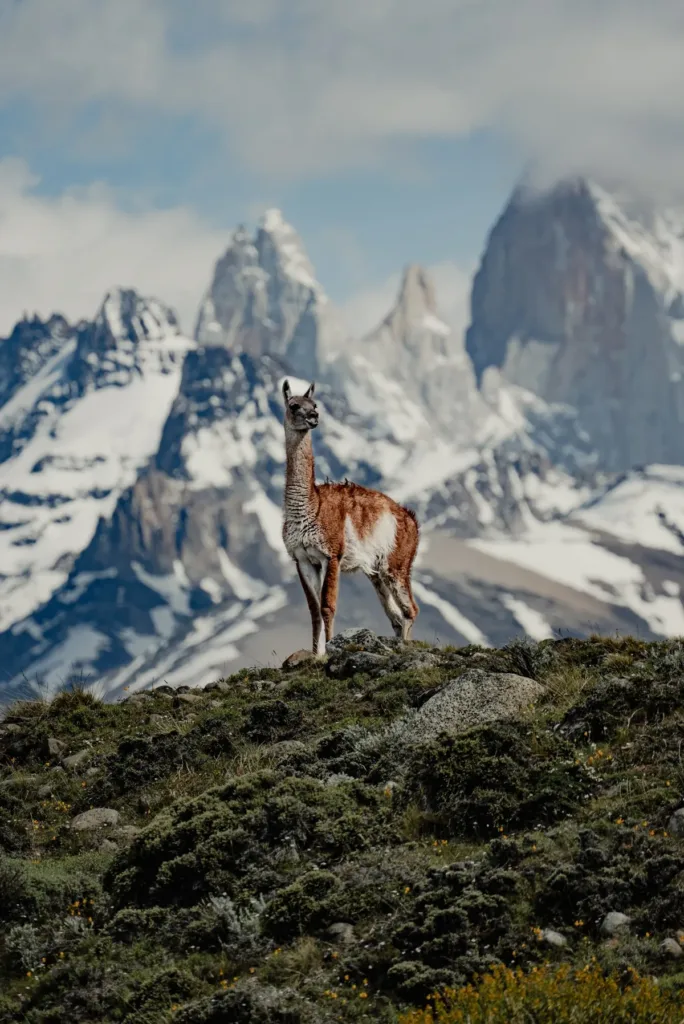
Program Costs
- Tuition
- Room & Board
- Total
Application Deadlines
Resources
The Patagonian Winter
With June comes the Winter Solstice in the Southern Hemisphere, a significant period of the year for both ecology and society. Join SFS Chile in the rugged landscape of Southern Patagonia, at 51 °S latitude, for a deeply interdisciplinary exploration of how ecology and society intertwine to usher in the new season. Travel to the world-famous Torres del Paine National Park to study how terrestrial and freshwater plants and animals have adapted to meet this yearly challenge in the land of glaciers. Celebrate the indigenous New Year on the night of the Winter Solstice and learn how lifeways adapt to the extreme southern environment. Take time to explore the various facets of winter at the southern end of the Americas.
- Visit Torres del Paine National Park, where you’ll see guanacos, flightless ñandús, and traverse the broadleaf evergreen forests near the ice wall of the Grey Glacier.
- Embark on a multi-day expedition to El Calafate, Argentina, where you will explore Los Glaciares National Park, Laguna Nimez Municipal Ecological Reserve, and Perito Moreno Glacier – one of the largest glaciers in Argentina.
- Celebrate We Tripantu – the winter solstice – and learn about Kawésqar indigenous knowledge during the longest night.
Academics
This academically rigorous program follows a six-day/week schedule. Each program combines theory learned during classroom sessions with field-based applications. The interdisciplinary curriculum is designed to help students actively discover and understand the complexities of environmental, social, and economic issues in Chile.
Major academic themes include:
- Interdisciplinary critical thinking
- Socio-ecology, conservation, and globalization
- Winter ecology
- Climate change and biodiversity loss
- Southern Hemisphere high-latitude indigenous cultures
- Conservation challenges posed by climate change and resource extraction
Courses
On the Patagonian Winter program, you will take one 4-credit course. This course is participatory in nature and is designed to foster inquiry and active learning combining lectures, field exercises, assignments, and tests. This course is taught in English.
Patagonian Winter
The Patagonian winter is a defining aspect of the ecological and social systems of the region. This course will examine the different ways that winter affects human and non-human systems. This course brings you to the world-famous Torres del Paine National Park in the stillness of winter to observe the camelid guanacos and flightless ñandús as they get ready for the approaching winter. The shortening days drive changes in the ranching practices in the estancias in the area as they move their livestock to winter pastures. The approaching Winter Solstice also connects indigenous communities as they make ready for the coming New Year. Finally, the winter brings the season when glaciers would normally be recovering their mass. However, climate change is creating changes in all of these interactions. This course covers past adaptations to historic winter climates, from plant and animal community distributions and the human settlement patterns driven by climate conditions for the maintenance of communities.
Core Skills
You will be challenged to examine the natural phenomenon of the Winter Solstice through various lenses – physical, social, and ecological – within the context of Southern Patagonia. This interdisciplinary approach will teach you a variety of skills, including interdisciplinary system-thinking around conservation, key informant interviewing, aquatic macroinvertebrate sampling in freezing glacial rivers, and landscape observation of rugged Patagonian steppes, forests, wetlands, and rivers.
Field Sites
You will visit locations and meet people that will help provide context to explore the implications and impacts of the coming of winter and the longest night of the year. This includes visiting Patagonian ranches (estancias) in the hills and forests of Southern Patagonia, hiking through the forests, along the rivers, and up to glaciers in Torres del Paine National Park, and learning from Kawesqar and Mapuche-Williche people living in the region.
Other Chile Programs
Wild Patagonia: Fire and Ice
More Information
Program Costs
- Tuition
- Room & Board
- Total
The Patagonian Winter
More Information
Program Costs
- Tuition
- Room & Board
- Total

